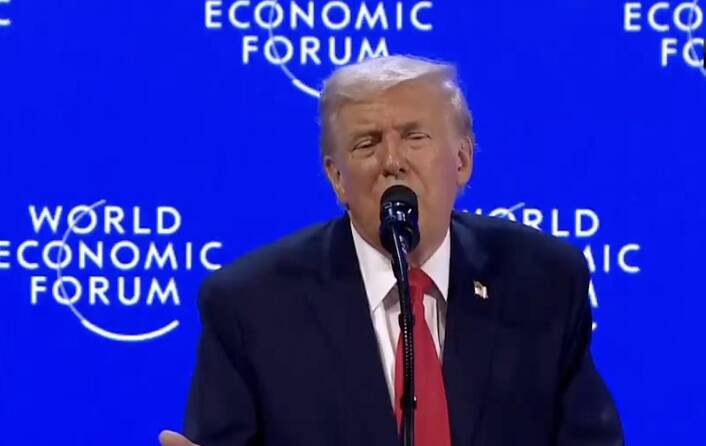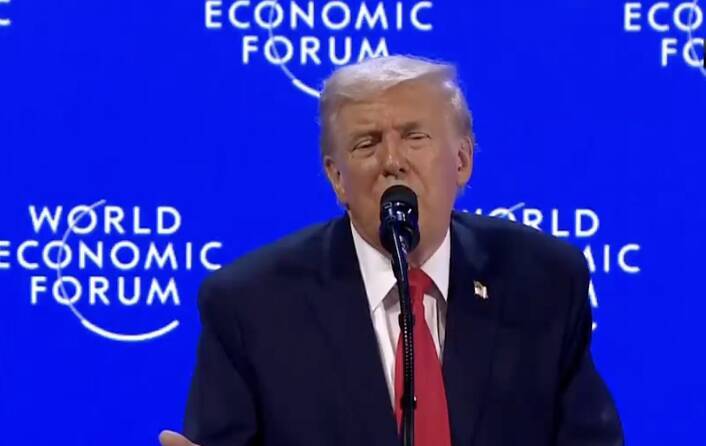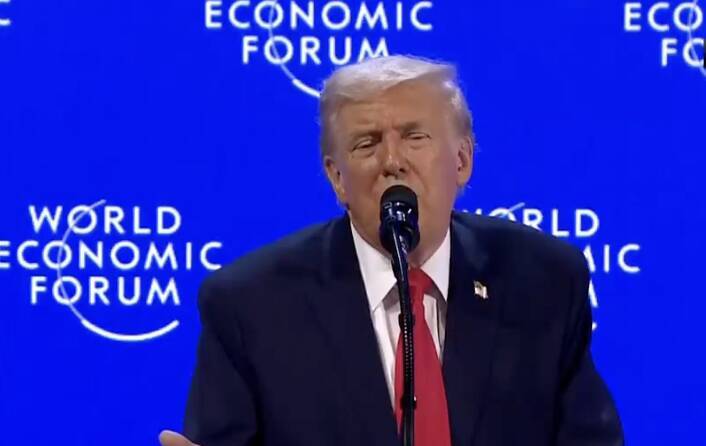
Three Bengaluru scientists win Tata Transformation Prize 2025
The city of Bengaluru, known for its vibrant scientific community, has yet again made headlines with three of its scientists winning the prestigious Tata Transformation Prize 2025. The award, which recognizes groundbreaking research in various fields, has been bestowed upon Prof. Padubidri V Shivaprasad, Prof. Balasubramanian Gopal, and Prof. Ambarish Ghosh, all hailing from Bengaluru. Each of these scientists will receive a grant of ₹2 crores to further their research, which has the potential to transform the lives of millions.
Prof. Padubidri V Shivaprasad: Revolutionizing Food Security
Prof. Padubidri V Shivaprasad, a renowned scientist in the field of plant biology, has been awarded the Tata Transformation Prize for his innovative approach to food security. His research focuses on using epigenetics to “de-domesticate” rice, restoring its wild traits to make it more resilient to climate change. This novel approach has the potential to improve crop yields, enhance nutritional content, and increase the overall sustainability of rice cultivation.
Rice, being a staple food for over half of the world’s population, is under threat from climate change, which can lead to reduced yields, decreased nutritional value, and increased susceptibility to diseases. Prof. Shivaprasad’s research aims to address these challenges by leveraging epigenetics, the study of gene expression and its regulation. By “de-domesticating” rice, he seeks to revitalize its natural defenses, making it more adaptable to changing environmental conditions.
The implications of Prof. Shivaprasad’s research are far-reaching. With the global population projected to reach 9.7 billion by 2050, ensuring food security is a pressing concern. His work has the potential to contribute significantly to this effort, providing a sustainable solution for rice cultivation that can benefit millions of people worldwide.
Prof. Balasubramanian Gopal: Pioneering Green Chemistry
Prof. Balasubramanian Gopal, a professor at the Indian Institute of Science (IISc), has been recognized for his outstanding contributions to the field of green chemistry. His research focuses on developing sustainable chemical processes that minimize environmental impact while promoting eco-friendly practices.
Green chemistry, also known as sustainable chemistry, is an approach that seeks to reduce the environmental footprint of chemical processes and products. Prof. Gopal’s work in this area has been instrumental in developing novel catalysts, reaction conditions, and processes that are more efficient, safer, and environmentally benign.
The significance of Prof. Gopal’s research lies in its potential to transform the chemical industry, which is a significant contributor to environmental pollution. By adopting green chemistry principles, industries can reduce their carbon footprint, minimize waste, and promote sustainable practices. This, in turn, can have a positive impact on public health, conservation of natural resources, and the overall well-being of society.
Prof. Ambarish Ghosh: Nanorobots for a Better Tomorrow
Prof. Ambarish Ghosh, another IISc professor, has been awarded the Tata Transformation Prize for his innovative work on nanorobots. His research involves the design and development of microscopic robots that can navigate and interact with their environment at the nanoscale.
Nanorobots have the potential to revolutionize various fields, including medicine, environmental remediation, and industrial processes. Prof. Ghosh’s work focuses on creating nanorobots that can be used for targeted drug delivery, cancer treatment, and other biomedical applications.
The development of nanorobots is a highly interdisciplinary field, requiring expertise in materials science, engineering, and biology. Prof. Ghosh’s research has been at the forefront of this field, pushing the boundaries of what is possible with nanotechnology. His work has the potential to transform the way we approach healthcare, environmental sustainability, and industrial processes, leading to a better future for all.
Conclusion
The Tata Transformation Prize 2025 has recognized the outstanding contributions of three Bengaluru scientists, each working in a unique area of research. Prof. Padubidri V Shivaprasad’s work on “de-domesticating” rice, Prof. Balasubramanian Gopal’s pioneering efforts in green chemistry, and Prof. Ambarish Ghosh’s innovative research on nanorobots have the potential to transform various aspects of our lives.
These scientists, along with their teams, have demonstrated the power of human ingenuity and the importance of scientific research in addressing some of the world’s most pressing challenges. The grant of ₹2 crores to each of these scientists will enable them to further their research, driving innovation and progress in their respective fields.
As we look to the future, it is essential to recognize and support scientific research that has the potential to transform our world. The Tata Transformation Prize 2025 is a testament to the impact that science can have on society, and we can only hope that these scientists continue to push the boundaries of human knowledge, driving us towards a better tomorrow.






